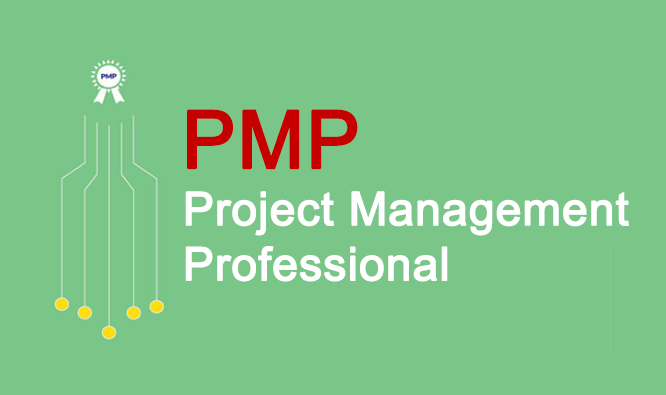

The PMP® course helps organizations to benefit from:
The PMP® course helps in:
Personal impact:
Project managers, technical project construction and supervision engineers, project team members, users and clients involved in the development of all types of projects and project stakeholders.
The Facilitator through presentations will give the participants help and guidance during the pre-examination process and the sessions are challenging and practical through the use
of simulated test questions and answers where learning comes with a test of 15 key and very challenging questions upon the completion of each module. A separate web-based testing is available to allow candidates to practice more questions, and at their pace.
Day 1: Introduction to PMBOK 7th Edition
Day 2: PMBOK Guide 7th Edition structure
Day 3: Project Management Principals
Day 4: Project Management Principals
Day 5: Project Performance Domains
CDGA attendance certificate will be issued to all attendees completing minimum of 80% of the total course duration.
| Code | Date | Venue | Fees | Register |
|---|---|---|---|---|
| PM150-02 | 12-04-2026 | Dubai | USD 5450 | |
| PM150-03 | 03-08-2026 | Istanbul | USD 5950 | |
| PM150-04 | 15-11-2026 | Doha | USD 5450 |
 Preparation Course.jpg)
This learning course also serves to help participants prepare for the Project Management Institute's (PMI®) Risk Management Professional (RPM®) exam with the understanding of project risk management a ...

As government agencies and companies continue to streamline operations and with the huge growth in public- and private-sector outsourcing, contract management is increasingly taking on many of the ele ...

Every business and organization is based on the underlying contractual structures which they adopt. The precise type of contractual structure employed varies from the simplest agreement to the more co ...
Providing services with a high quality that are satisfying the requirements
Appling the specifications and legalizations to ensure the quality of service.
Best utilization of resources for continually improving the business activities.
CDGA keen to selects highly technical instructors based on professional field experience
Since CDGA was established, it considered a training partner for world class oil & gas institution
3012, Block 3, 30 Euro Business Park, Little Island, Co. Cork, T45 V220, Ireland
Mon to Fri 09:00 AM to 06:00 PM
Contact Us anytime!
Request Info